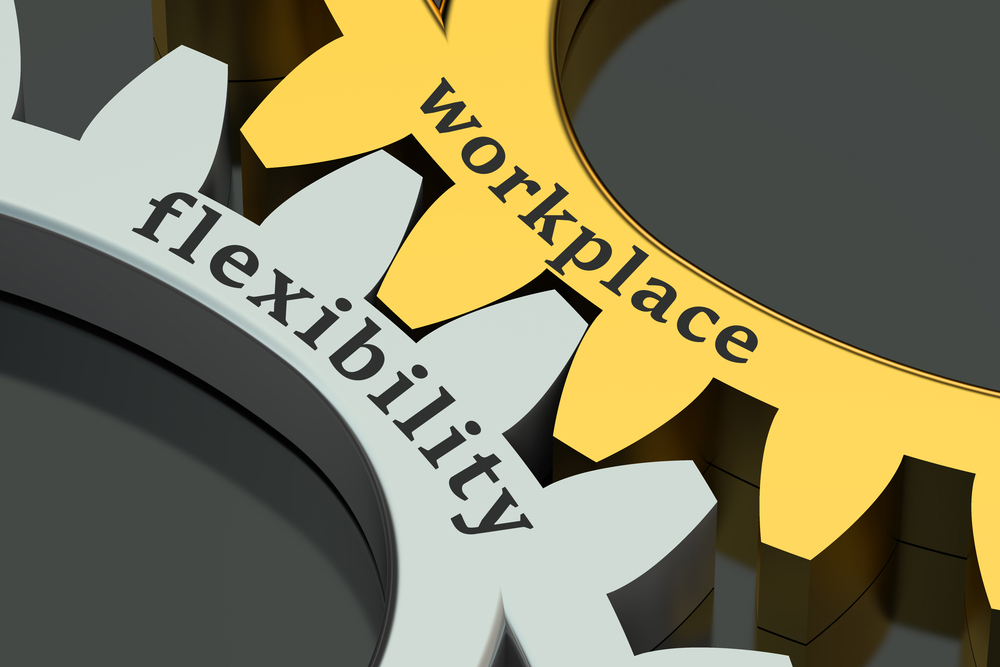Flexible work arrangements can mean more to employees than just a neat perk. According to new research, such arrangements can significantly help those with mental illness or those experiencing difficult life events.
The research, called Work-Life Relationship Survey, was conducted by FlexJobs. It sought to understand the impact flexible work arrangements have on mental health by polling 3,900 people. Of that group, 2,100 identified themselves as having a mental illness.
Mental Illness
HR Daily Advisor has always taken mental health issues in the workplace very seriously. The value those with mental health issues provide to the workplace cannot be overstated.
According to this survey, 84% of the 2,100 respondents who have mental illnesses, such as anxiety or depression, said they thought having a flexible job would help them better manage those illnesses. Providing flexible work arrangements can be of real value toward keeping employees who suffer from mental health issues happy.
Retention
Organizations have serious challenges when it comes to recruiting and retention. This survey shows that one source of turnover revolves around difficult personal circumstances, like death, divorce, a person’s serious physical or mental illness or that of a loved one, and similar challenges.
Thirty-five percent of the overall pool of 3,900 respondents said at some point, they have had to take a break from work because of those difficult circumstances. That’s a high turnover of everyday workers.
The study also showed that 88% said if their job had offered flexibility during those circumstances, they would have been able to remain in the workforce. If your organization lacks flexible work arrangements and you are experiencing high turnover, these data might help you address the problem.
The Role of Management
It goes without saying that flexible work arrangements have to come from the top. The survey sought to understand the impact management had on perceptions of work/life balance between those with and without flexible work arrangements.
Thirty-five percent of those with flexible work options said, “My boss’s work habits make work-life balance easy for me,” compared with only 14% of those without flexible work options who said the same thing.
Another 27% with flexible work options said, “My boss’s habits make work-life balance difficult for me,” but 40% of those without flexible work options said their boss’s habits make work/life balance difficult for them.
The results clearly show that the impact managers have on employees’ work/life balance can be much more positive in a flexible work environment but much more negative in one without such flexibility.
General Wellness with Flexibility
Mental and physical wellness largely stems from preventive behaviors. The survey examined the impact of flexible work arrangements on those factors that lead to employees’ preventing mental and physical unwellness. The survey found:
- 95% of respondents reported that a flexible job would likely make them happier people in general.
- 89% thought it would help them take better care of themselves.
- 86% believed it would decrease their levels of stress.
- 67% thought it would increase their exercise frequency.
You can see the full results here.

